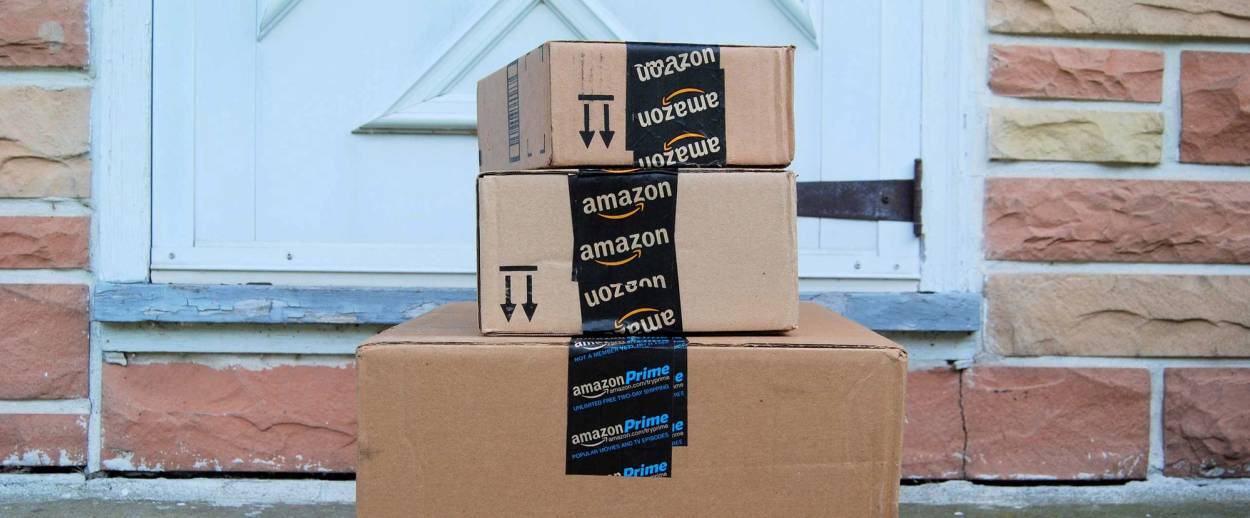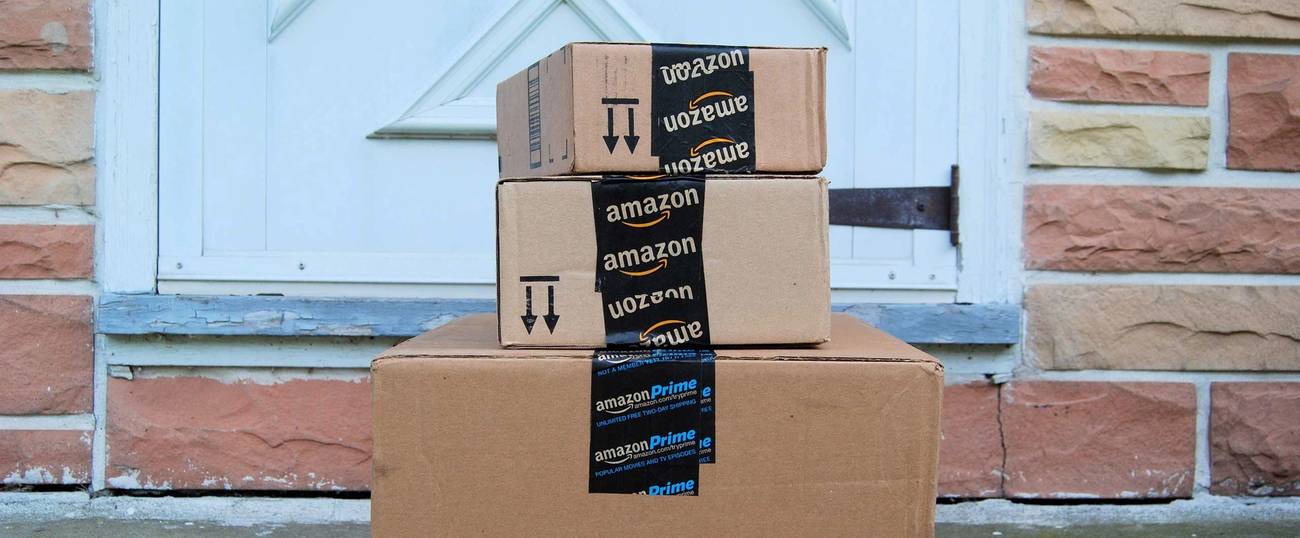Against Convenience
In the month leading up to the High Holidays, time to give up the easy life




The other day, we ran out of dog food. Not long ago, picking up the five-pound bag of kibble and finding it empty meant a short walk to the neighborhood pet store, where the same man flashed the same smile before shuffling off to the back room and returning with the same package, a weekly ritual that helped us make sense of both time and space. Then, the large chain store set up shop, and the local guys folded and disappeared. We still shopped for dog food once a week, but there was nothing intimate about taking the stairs to the second floor of some vast Petco and paying a parade of rotating cashiers. It was too big to feel knowable, too impersonal to feel comforting, so the whole thing became transactional, just another errand to run. Then came Amazon, and Amazon Prime, and Amazon Prime Now, which delivers a surprising number of life’s necessities to your door in under an hour. We discovered the empty food bag around 10 p.m.; by 11:30, a man knocked on our door and delivered fresh supplies. As I closed the door behind me and realized how little thought I’d given to the interaction, I was struck by the debilitating thought that life might have just become too insufferably convenient.
I’m hardly the first one to have had that observation. In an essay earlier this year, Columbia professor Tim Wu raged against what he called “the tyranny of convenience,” the urge to scrub any human experience of even the mildest difficulty. “Convenience,” he observed, “is all destination and no journey,” and it’s turning us into an outcome-obsessed species that’s rapidly losing the ability to connect to one another and find meaning in overcoming shared difficulties.
It’s hardly a novel concern. This weekend, we usher in the month of Elul, a period of reflection and contemplation leading up to Rosh Hashanah, Yom Kippur, and the annual encounter with the Book of Life. We are commanded to use this month to reflect mightily. Elul, the late Rabbi Alan Lew wrote in his unimprovably named book, This Is Real and You Are Completely Unprepared, is “a time to gaze upon the inner mountains, to devote serious attention to bringing our lives into focus.” We’re expected, Lew tells us, to take this time of the year and do a cheshbon nefesh, which literally means spiritual accounting, but we get, he writes, “very little in the way of practical advice as to how we might do this.” The wise rabbi recommends prayer and meditation, but also counsels a more fundamental approach: Focus on one thing and one thing only. “It ought to be something pretty basic,” Lew writes, “something like eating or sex or money.” Or Amazon Prime Now: Is there, after all, an area of our collective lives more in need of mindful attention than our addiction to the effortless?
But contemplating convenience is more difficult than it seems. It’s one thing to wish away the dozens of automated interactions that have replaced face-to-face conversations and that have robbed us of so much of our sense of community; it’s another to decide which of these actually liberate us from needless labor and give us the time to pursue loftier goals. The village well was likely a swell place of gathering, but no one laments the advent of running water. How, then, to proceed?
The Torah gives us a hint. This week’s parasha, Re’eh, begins with Moses in a judgmental mood. “Behold,” he tells his stiff-necked people, “I set before you today a blessing and a curse. The blessing, that you will heed the commandments of the Lord your God, which I command you today; and the curse, if you will not heed the commandments of the Lord your God, but turn away from the way I command you this day, to follow other gods, which you did not know.” What follows is a long list of statutes and ordinances that anyone grappling with observance knows intimately. But the emotional weight of the portion lies in its opening proposition: Even the most pronounced commandment is really nothing more than a choice.
Why, for example, keep kosher? Having pondered this question from both sides, I can report that abiding by the strictures detailed in parashat Re’eh isn’t easy. The Torah knows this. It realizes that prodding you to examine the fins and the scales of every fish you order for dinner means a life of perpetual vigilance and added hardships. And yet it invites you to choose and embrace the difficult. Accept the rules, and you’ll trade convenience for a sense of spiritual mastery that begins with uncomprehending frustration and ends, if you do it right, in transcendence.
You’re free, of course, to refuse. Moses makes it clear. You can approach life as nothing more than a set of irritations in search of a quick fix. But do that and you’ll be cursed, if not by the wrath of God than by living in the pale light of screens, happily pushing buttons and shedding a little bit of your humanity each day.
And so, this Elul, let’s focus on one thing, and let’s make that thing convenience. For one month, let’s shun the meal-ordering services and the no-wait delivery apps. Let’s slouch toward the corner store, even though it’s scorching outside. And each time we crave more facile solutions, let’s stop for some spiritual accounting and remind ourselves what it is we’re supposed to do this month. The life unburdened is the life unexamined, and anyone in the habit of pressing buttons and receiving immediate satisfaction is not likely a good candidate for earnest self-reflection.
“We must never forget the joy of doing something slow and something difficult, the satisfaction of not doing what is easiest,” Wu wrote in the conclusion to his manifesto. “The constellation of inconvenient choices may be all that stands between us and a life of total, efficient conformity.” Amen to that.
Liel Leibovitz is editor-at-large for Tablet Magazine and a host of its weekly culture podcast Unorthodox and daily Talmud podcast Take One. He is the editor of Zionism: The Tablet Guide.